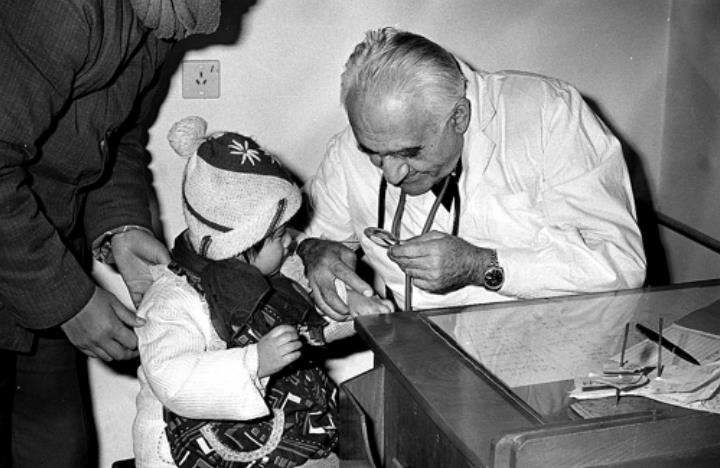Foreigners reflect on Party's success over past century


Lives improved
Corentin Delcroix, a French chef and entrepreneur who has lived in China for 15 years and runs a company in Shanghai, said he thinks the Western stereotype of Communism has stagnated since the Cold War. "A lot of people think Communism itself is just scary, without understanding it at all," he said.
The judgment of a political party ultimately depends on tangible results-under the leadership of the CPC, Chinese citizens' quality of life is improving generation by generation, Delcroix said.
Shunsuke Nakajima, a Japanese national who promoted bilateral exchanges for years and has visited China many times, said, "The Communist Party of China makes every effort to think and act for the future of the country."
Muller joined the CPC in 1957, making an important contribution to the country's efforts to prevent hepatitis. Speaking of her late husband, Kyoko Nakamura, who joined the CPC-led army after Japan's surrender in 1945, said that after so many years in China, Muller felt it was a promising country.
In 1944, Israel Epstein visited Yan'an as a reporter for US media. He interviewed Mao Zedong, Zhou Enlai, Zhu De and other CPC leaders. Epstein believed he shared a similar-or even the same-world outlook with the CPC, and was convinced that Yan'an represented China's future. He gained Chinese nationality in 1957 and joined the Party in 1964.
Epstein's widow, Huang Huanbi, said: "He supported China because the Communist Party of China is right. What he appreciated most was that the Communist Party is for the poor and helps the people."























